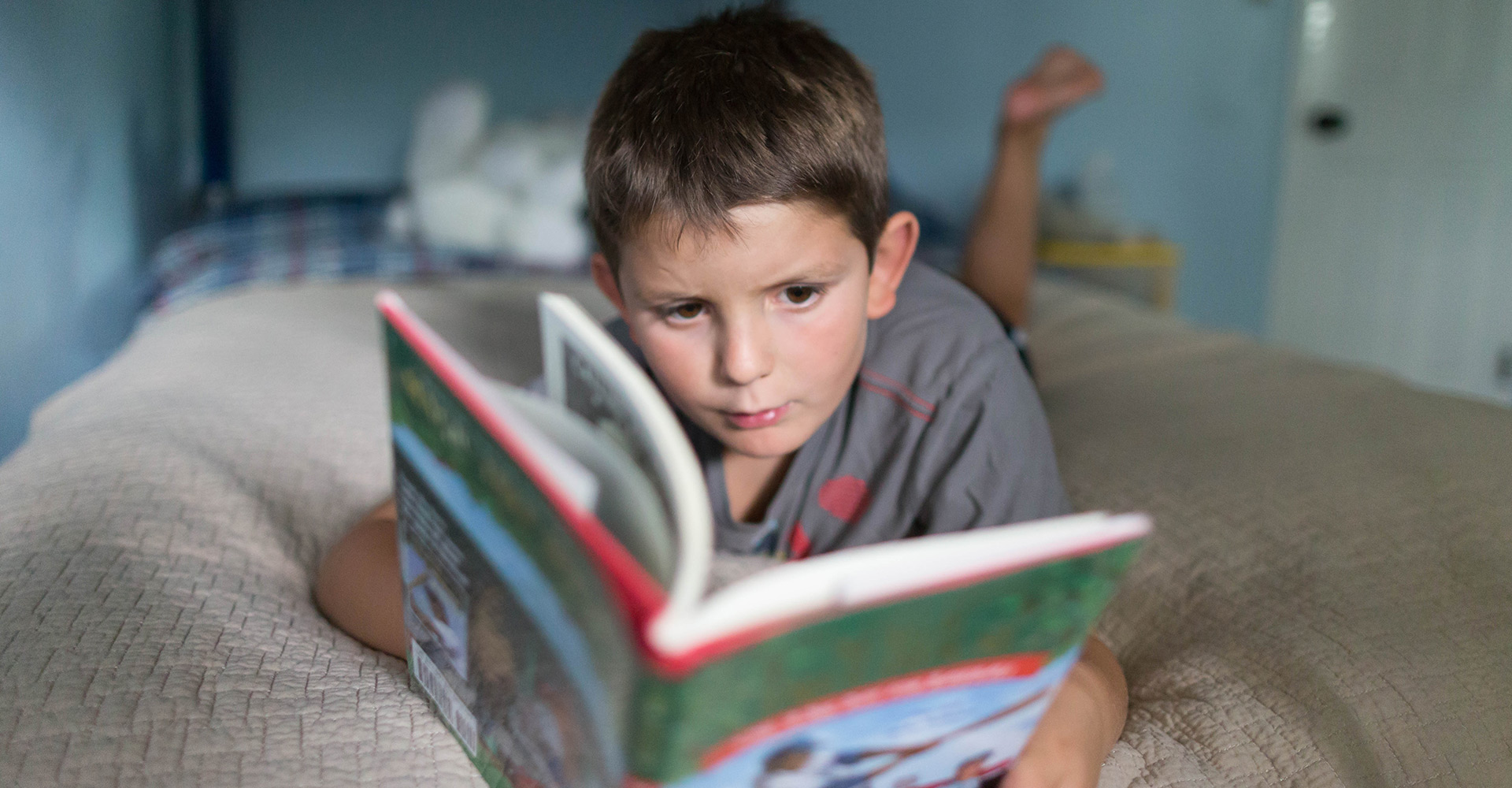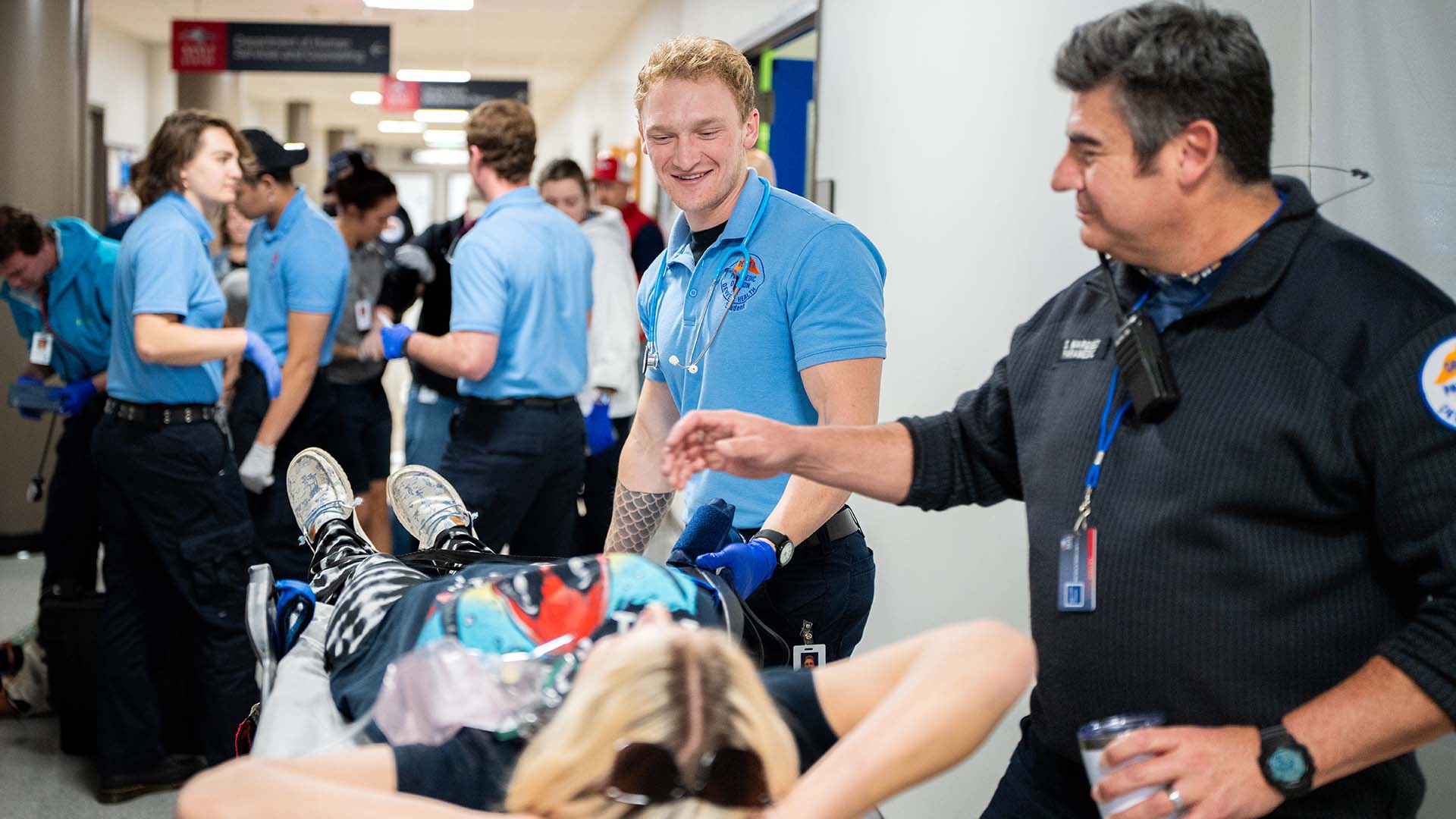
As you make your to-do list for getting the kids ready for heading back to school, don’t forget the most important things for all ages: a regular sleep schedule and a healthful diet.
Chances are your child isn’t getting enough sleep, says Dr. Michelle Tollefson, a lifestyle-medicine expert and associate professor in the Department of Health Professions at Metropolitan State University of Denver.
Not getting enough sleep – even by an hour or so – or getting fragmented sleep can lead to stress, irritability, difficulty with recall and an inability to concentrate, Tollefson says. In fact, sleepiness in a child can look a lot like Attention Deficit Hyperactivity Disorder.
Most parents don’t know that kids need significantly more sleep than adults to support their growth and development. That means nine to 11 hours of sleep for younger school-age kids, eight to 10 hours for teens and seven to nine hours for college students.
“Sleep deprivation is a major problem in our society for all ages,” says Tollefson, who teaches a class on stress and sleep because they’re so intertwined. “It’s a vicious cycle.”
Tollefson says it’s essential for parents to establish a set bedtime and bedtime routine for their children at least a couple of weeks before school starts.
For younger kids, this may be a bath followed by a bedtime story. Tollefson urges parents to start these routines when a child is young to establish good sleep habits.
“My kids love superheroes, so I get them to embrace lifestyle-medicine techniques by teaching them ‘superpowers’ and talking about healthy behaviors as ways to make them stronger, healthier, even more super,” she says.
As kids get older, they might wind down with deep breathing, yoga or meditation.
“There are tons of apps and YouTube videos to help,” she says.
A fan can provide white noise (and there’s also an app for that). And of course, the bedroom should be a technology-free zone. These habits will also help kids deal with stress.
Tollefson says college students should be warned that staying up all night to cram for exams harms recall and the ability to concentrate.
“It’s better to get a good night’s sleep and do last-minute studying in the morning,” she says.

You are what you eat
It’s also important that kids have a morning routine of eating a breakfast rich in protein.
Tollefson recommends that parents provide alternatives to sugary breakfast cereals, such as hard-boiled eggs and yogurt with fresh fruit. She suggests that parents explain to their kids that sugary breakfast cereals lead to midmorning crashes as blood-sugar levels come down. Again, Tollefson says, tell kids that superhero students need to eat well so they can concentrate at school and have energy throughout the day.
“We’ve gotten so busy that parents don’t have time for this,” she says, “but the food we put in our bodies is really important for health.”
Tollefson says kids thrive on routine and knowing what is expected of them. Some other back-to-school tips from Tollefson:
- Teach young kids to lay their clothes out the night before school and get dressed by themselves in the morning.
- Have dinners together as a family.
- Don’t forget to schedule technology-free time.
- Make sure kids get at least an hour of physical activity a day.
- Talk to kids about what they’re looking forward to at school and what they’re anxious about.
She says parents should take care of themselves, too, and model healthy lifestyle habits.







